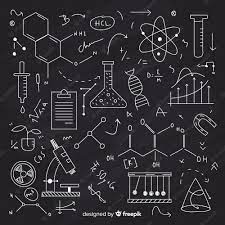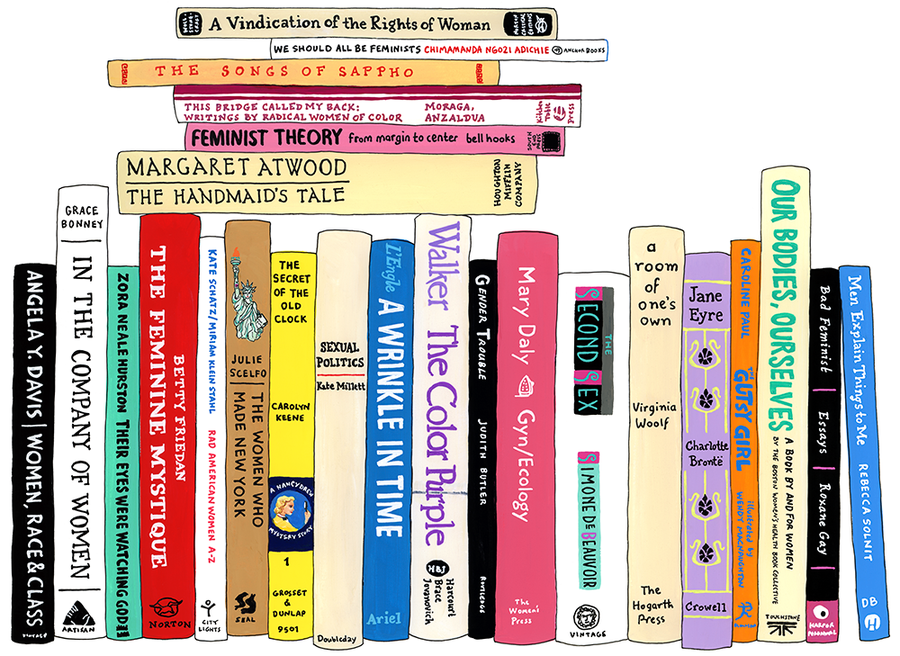Biology for Non-Science Majors I (lab) (1,0,3). This laboratory-based course accompanies BIOL 1308. Pre-/Co-requisite: BIOL 1308.
- Teacher: Holley Robinson
Biology for Non-Science Majors I (lecture) (3,3,0). The process and method of science applied to understanding biological concepts at the molecular, cellular, organismal and community levels. Survey of major groups of organisms with respect to their diversity in organization, processes, interactions, and adaptations including human impact upon the environment. The scientific method and social applications of scientific information to related human issues are stressed throughout the course. Recommended co-requisite: BIOL 1108.
- Teacher: Holley Robinson
Biology for Non-Science Majors I (lecture) (3,3,0). The process and method of science applied to understanding biological concepts at the molecular, cellular, organismal and community levels. Survey of major groups of organisms with respect to their diversity in organization, processes, interactions, and adaptations including human impact upon the environment. The scientific method and social applications of scientific information to related human issues are stressed throughout the course. Recommended co-requisite: BIOL 1108.
- Teacher: Holley Robinson

General Chemistry I (lecture) (3,3,0). Fundamental principles of theoretical and applied chemistry, stoichiometry, atomic structure, periodic arrangement of elements, ionic and covalent bonding, gases, liquids, and solids. Prerequisite: College Algebra (MATH 1314). Recommended co-requisite: CHEM 1111
- Teacher: Monica Smith
- Teacher: Staci Thomas

Composition I (3,3,1). Intensive study of and practice in writing processes, from invention and researching to drafting, revising, and editing, both individually and collaboratively. Emphasis on effective rhetorical choices, including audience, purpose, arrangement, and style. Focus on writing the academic essay as a vehicle for learning, communicating, and critical analysis. Prerequisite: Completion of English 0032 or 0042 with a C or better, TSI Reading and Writing Requirements
- Teacher: Valerie Shirley
Stars & Galaxies (lab) (1,0,3). Laboratory class for PHYS 1303. (Cross listed as ASTR 1103) Pre/Co-requisite: PHYS 1303
- Teacher: Calvin Ainsworth
- Teacher: Delbert Dowdy
A study of the: research and theory in the psychology of learning, cognition, and motivation; factors that impact learning, and application of learning strategies. Theoretical models of strategic learning, cognition, and motivation serve as the conceptual basis for the introduction of college-level student academic strategies. Students use assessment instruments (e.g., learning inventories) to help them identify their own strengths and weaknesses as strategic learners. Students are ultimately expected to integrate and apply the learning skills discussed across their own academic programs and become effective and efficient learners. Students developing these skills should be able to continually draw from the theoretical models theyhave learned.
- Teacher: Shanin Starrett
A study of the: research and theory in the psychology of learning, cognition, and motivation; factors that impact learning, and application of learning strategies. Theoretical models of strategic learning, cognition, and motivation serve as the conceptual basis for the introduction of college-level student academic strategies. Students use assessment instruments (e.g., learning inventories) to help them identify their own strengths and weaknesses as strategic learners. Students are ultimately expected to integrate and apply the learning skills discussed across their own academic programs and become effective and efficient learners. Students developing these skills should be able to continually draw from the theoretical models theyhave learned.
- Teacher: Cory Fothergill
- Teacher: Kayla Harrell
A study of the: research and theory in the psychology of learning, cognition, and motivation; factors that impact learning, and application of learning strategies. Theoretical models of strategic learning, cognition, and motivation serve as the conceptual basis for the introduction of college-level student academic strategies. Students use assessment instruments (e.g., learning inventories) to help them identify their own strengths and weaknesses as strategic learners. Students are ultimately expected to integrate and apply the learning skills discussed across their own academic programs and become effective and efficient learners. Students developing these skills should be able to continually draw from the theoretical models theyhave learned.
- Teacher: Kirby Fowler